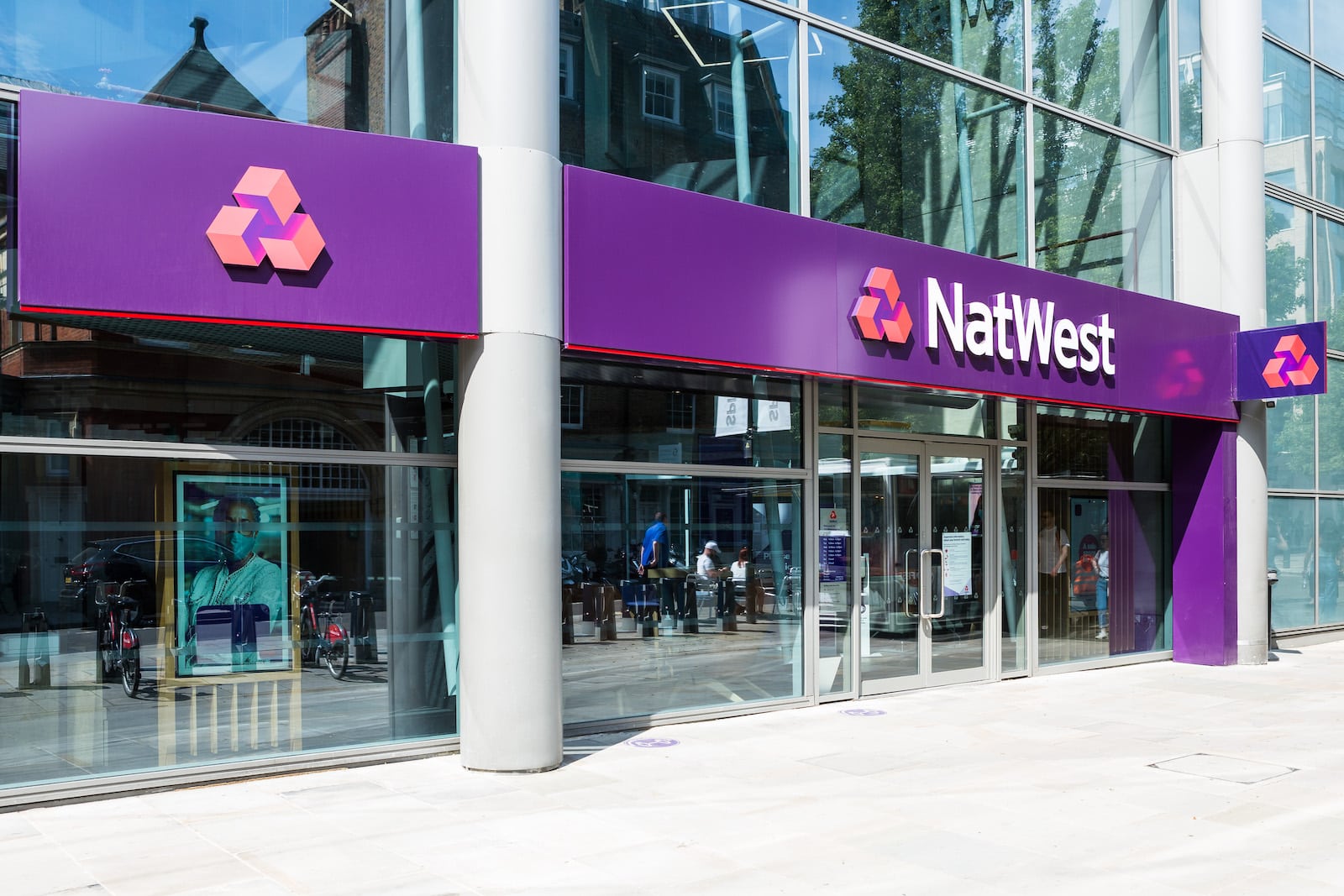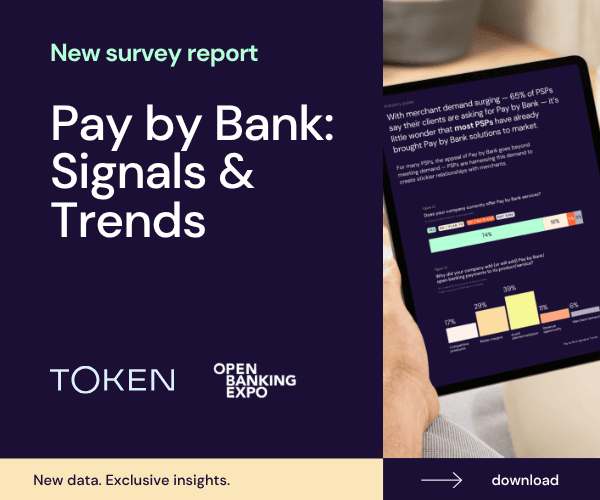UK bank NatWest has selected the Icon Payments Framework (IPF) as part of its payments modernisation drive.
The integration will ensure the bank is aligned with the new global ISO 20022 payment data message standards.
Initially, NatWest will implement a Single Euro Payments Area (SEPA) processing engine, along with “ready-made” scheme packs, including the recently-mandated SEPA Instant capability, in addition to existing credit transfer and Direct Debit capabilities.
The “low code” framework will enable business payment experts to create workflows, and software engineering teams to extend and create customisable integrations into existing bank systems, at speed, according to NatWest.
Ian Povey, chief information officer, payments technology at NatWest, said: “The low code aspect of the framework (Icon’s IPF) empowers and enables organisations to control its delivery and feature richness, while the simple extensibility of the capability allows software engineers to focus on high-value integrations and innovation.”
Tom Kelleher, co-founder and director of Icon Solutions, said that NatWest is on a “mission” to deliver a sector-agnostic payments platform “to connect everything to everyone”.
“IPF provides the best practice platform to enable the change the bank is working towards, increasing the opportunity to enhance business growth,” said Kelleher.
“The relationship between the two companies is a close one, where we both strive to achieve best practice on a daily basis. There are many challenges and opportunities ahead, such as New Payments Architecture (NPA), which we will face together.”
Earlier this year, Mike Elliff, chief executive officer of Payit and Tyl by NatWest, told Open Banking Expo he is “seeing a good pipeline of mid and large businesses” adopting Open Banking as a payment channel.
However, he added that there is still a need to “create awareness among merchants and consumers”.











